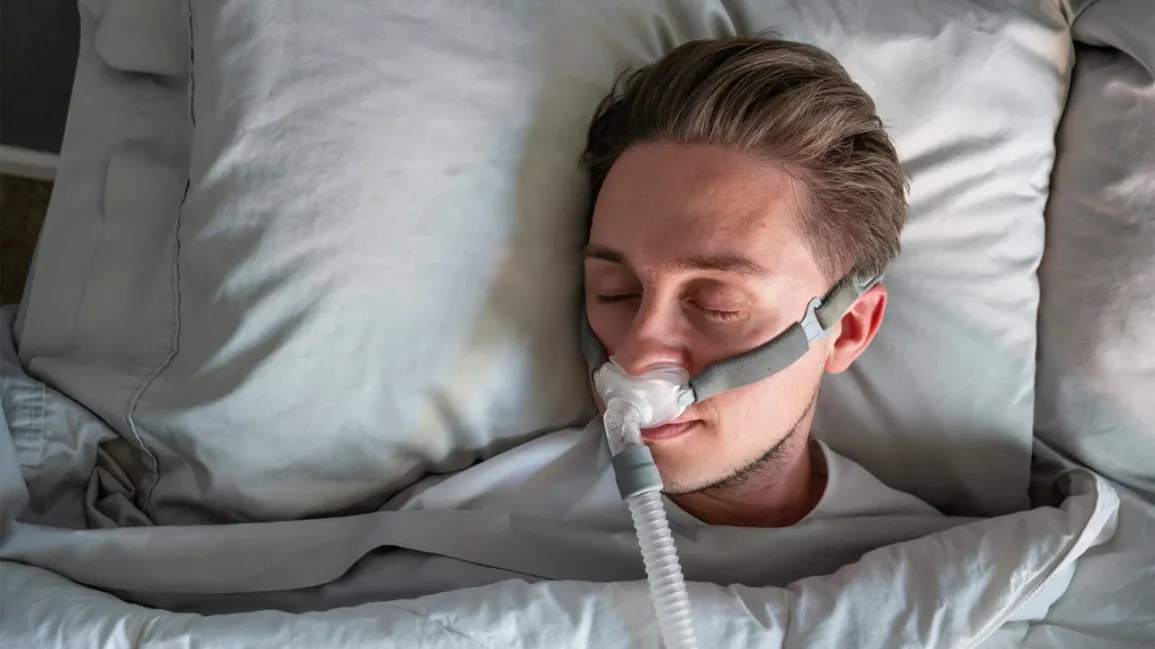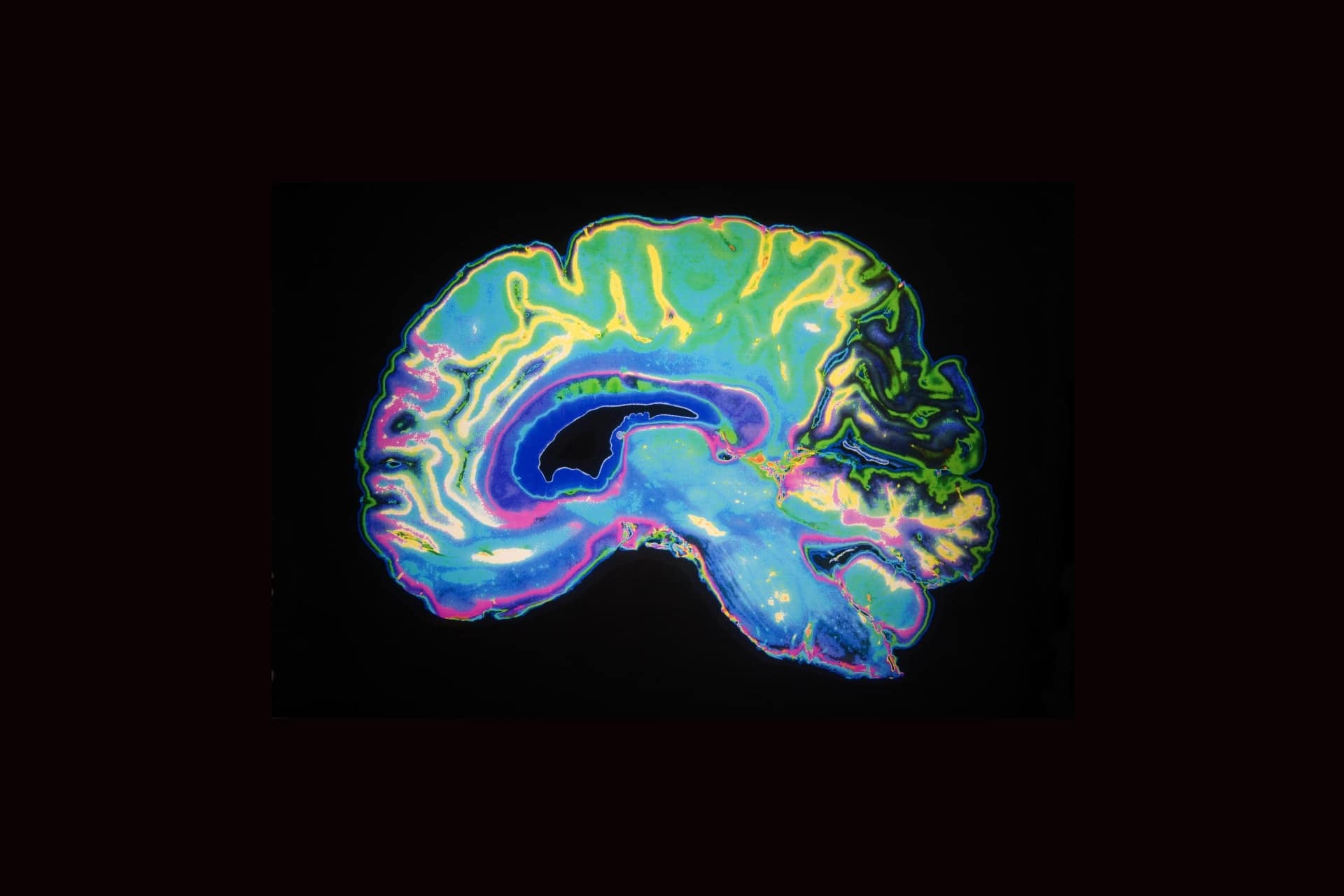A study published in the journal Neurology on Wednesday reveals that severe sleep apnea could significantly impact future brain health.
Researchers discovered that individuals with severe sleep apnea are at a heightened risk of developing brain biomarkers associated with Alzheimer’s disease, cognitive decline, and an increased susceptibility to strokes.
“These biomarkers are sensitive signs of early cerebrovascular disease,” explained study coauthor Dr. Diego Z. Carvalho of the Mayo Clinic in Rochester, Minnesota, in a media release published by News Medical.
Dr. Carvalho emphasized the damaging effects on the brain’s white matter due to insufficient deep sleep, specifically slow-wave sleep. 3
He noted, “Finding that severe sleep apnea and a reduction in slow-wave sleep are associated with these biomarkers is important since there is no treatment for these changes in the brain, so we need to find ways to prevent them from happening or getting worse.”
The study involved 140 participants with varying degrees of sleep apnea, averaging 72 years of age. It was reported that 34% had mild sleep apnea, 32% moderate, and 34% severe.
All participants were free of dementia and exhibited normal cognitive function during testing, having undergone one of two types of magnetic resonance imaging scans.
The researchers observed greater damage to the brain’s white matter in individuals with severe sleep apnea compared to those who experienced more deep sleep.3
According to Dr. Carvalho, “For every 10% decrease in time spent in deep sleep, there was an increase of white matter hyperintensities in the brain similar to the effect of being 2.3 years older.”

Healthline further elaborated that a 20 percentage point decrease in slow-wave sleep corresponded to white matter hyperintensity levels equivalent to a person 4.6 years older.
It was highlighted that white matter hyperintensities can impair the brain’s processing abilities, focus, and memory. Additionally, lower levels of white matter have been linked to mental health conditions such as depression and anxiety.
Dr. Carvalho clarified that the association with sleep apnea was predominantly observed in severe cases, suggesting that mild to moderate instances may not significantly impact white matter in the brain.
Healthline noted that researchers have not determined whether the relationship between sleep disturbances and brain changes indicates causation or vice versa.
Treatment options for sleep apnea vary depending on the severity and can range from lifestyle adjustments like weight loss and smoking cessation to surgical interventions, as per the Mayo Clinic.
The National Heart, Lung, and Blood Institute recommends additional lifestyle changes such as regular physical activity, maintaining a consistent sleep schedule, and limiting alcohol consumption to manage sleep apnea effectively.
Breathing devices like CPAP machines are also available to aid breathing during sleep, although they may cause side effects such as dry eyes and nasal congestion, according to the institute’s website.
